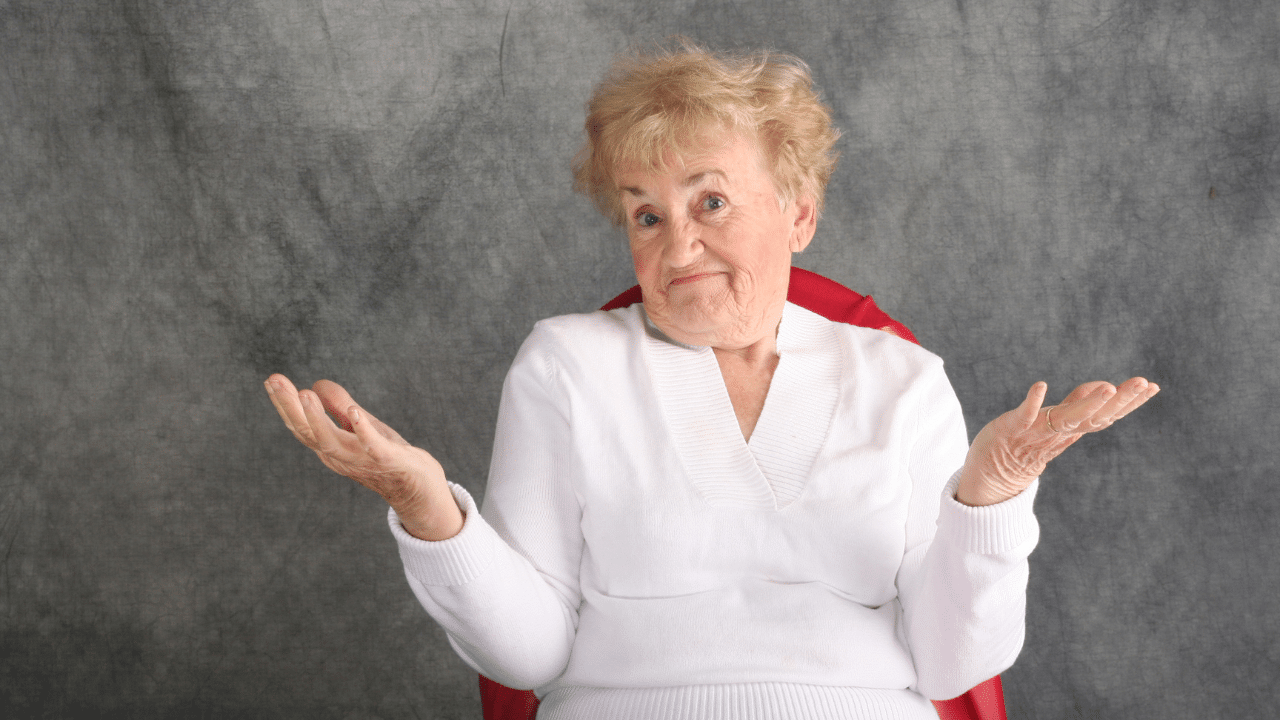Depression is NOT a normal part of aging—yet it’s silently stealing joy, independence, and even life from millions of older adults. Most go undiagnosed and untreated. Why? Because we mistake their suffering for “just getting older.” But here’s the truth: late-life depression is serious—and it’s highly treatable.
In today’s episode, you’ll learn how to spot the signs, challenge the myths, and take action that truly changes lives.
What You’ll Learn in This Episode:
Here’s the Truth:
When older adults don’t receive mental health care:
✔️ Medical issues worsen
✔️ Medication use increases
✔️ Hospital visits spike
✔️ Caregiver and family stress grows
✔️ Quality of life plummets
✔️ Suicide risk rises
But when they do get care? Healing happens. Purpose returns. And lives transform.
What You Can Do If Your Worried About Depression in an Older Adult:
-
Connect the older adult with their primary care provider to Rule out medical or medication-related causes.
-
Ask for a depression screening at the Primary Care Provider’s office.
-
Refer to a specialist. Visit our national provider directory to find a therapist who specializes in older adult mental health.
Resources for Professionals
Depression screening tools like the PHQ-9 or GDS-15 are normed for older adults. Learn more about screening for depression among older adults here.
Related Resources
- Free Download: Clinician’s Guide to Mental Health & Aging
- Mental Health & Aging Certificate Program
- Culturally Inclusive, Trauma-Informed Care with Older Adults Certificate Program
- End of Life Ethics & Psychotherapy Course
- See all CEU Courses
- National Provider Directory
Remember…
it’s only with your help that we can meet the mental health needs of older adults. So thank you for being here—and thank you for doing your part.
See you next week!
Subscribe and Leave a Review
If you enjoyed this episode, please subscribe, leave a review, and share it with a colleague or friend. Together, we’re building a movement for mental health and aging. Because there is no expiration date on healing, transformation, and growth.
Professionals…
Grab your free guide to working with older adults here → mentalhealthandaging.com/guide

References:
- Brodaty H, Luscombe G, Parker G, Wilhelm K, Hickie I, et al. Early and late onset depression in old age: Different aetologies, same phenomenology. J. Affect. Disord. 2001;66:225–36.
- Bruce ML, McAvay GJ, Raue PJ, Brown EL, Meyers BS, et al. Major depression in elderly home health care patients. Am. J. Psychiatry. 2002;159:1367–74.
- Strawbridge, W. J., Deleger, S., Roberts, R. E., & Kaplan, G. A. (2002). Physical activity reduces the risk of subsequent depression for older adults. American journal of epidemiology, 156(4), 328–334. https://doi.org/10.1093/aje/kwf047
- Worrall, C., Jongenelis, M. I., McEvoy, P. M., Jackson, B., Newton, R. U., & Pettigrew, S. (2020). An Exploratory Study of the Relative Effects of Various Protective Factors on Depressive Symptoms Among Older People. Frontiers in public health, 8, 579304. https://doi.org/10.3389/fpubh.2020.579304





